In the second half of the last century, when robotics was one of the main trends of world scientific progress, people were seriously afraid that robots would take away our jobs. Then scientists reassured the public – according to them, in the future, machines will do routine hard physical work, and we will instead have more time to be creative.
Okay, the future is now here, and what do we see? People are still doing physical labor while programmers, designers, photographers and copywriters are shaking in fear that the relentless AI will come and take their jobs. And it also turned out that the artificial brain is capable of fantasy almost better than the human one…
More info: The artist’s Facebook post
This German artist entered a prestigious photo contest and won it – only to refuse the prize later
Image credits: Boris Eldagsen
In the late nineties, AI learned to play chess better than probably the greatest chess player of all time after beating Garry Kasparov. At the beginning of the new century, it was its turn to become champion in Go, and in the current decade, neural networks have taken up art competitions. Bored Panda has already written about how Midjourney generated a painting that, after processing by the artist, won a fine arts contest. That was a local competition at the state level, but what about some international awards?
Image credits: Boris Eldagsen
Well, what about the Sony World Photo Award, which has been held since 2008 and is considered one of the most prestigious awards in the world of modern photography? No doubt, a competent jury will easily determine which entries are original photos, and which were generated by Midjourney, DALL-E or a number of other services… Or not?
Image credits: Boris Eldagsen
According to the artist himself, he wanted to make an experiment as he believes AI-generated images should compete separately
It turns out that it doesn’t. The winner in the creative open category this year was a work by German photographer Boris Eldagsen called Pseudomnesia: The Electrician. But this time the victor did not hide anything – literally the day after the list of winners was presented on the official website of the contest, Eldagsen made a statement that in fact the work was generated by AI according to his text prompt.
Image credits: Boris Eldagsen
On his website, the artist noted that for many years, he has been engaged not so much in photography per se, but in exploring the possibilities of artificial intelligence in art. And when he saw that the rules of the competition allowed literally “any devices” to be used, he thought this was a great opportunity to experiment. According to the artist, a separate category is needed for works made with the participation of AI services, because people – even professionals in their field – are obviously not able to distinguish a high-quality generated photo from a shot one.
Image credits: Boris Eldagsen
The author even left a clue in the very title of the photo project submitted to the contest, but nobody really got it was AI-made
Moreover, in the very name of his photo project, Eldagsen encoded a clue to the artificial nature of the work – after all, Pseudomnesia in Greek means “fake memory”. However, representatives of the organizing committee said that the artist could claim his prize anyway – and then, right on stage at the award ceremony in London, Boris Eldagsen refused the award, urging them in turn to donate the spare prize in favor of Odesa Photo Days Festival, which will be held this May in Ukraine.
Image credits: Boris Eldagsen
“Thank you for selecting my image and making this a historic moment, as it is the first AI-generated image to win in a prestigous international PHOTOGRAPHY competition,” Eldagsen states on his Facebook. “How many of you knew or suspected that it was AI-generated? Something about this doesn’t feel right, does it?.. I applied as a cheeky monkey, to find out if the competitions are prepared for AI images to enter. They are not.”
Image credits: Boris Eldagsen
The photographer urged to donate the ‘spare’ prize to Odesa photo festival in Ukraine but no one answered him yet
However, the organizers reacted – as of today, information about Boris and his work has been removed from the official SWPA website, and none of the photos he submitted to the contest was on the final photo exhibition recently held in the Somerset House. Moreover, the artist’s noble call to donate the prize to Odesa photo festival remained without any reaction.
Image credits: Boris Eldagsen
Bored Panda has contacted the organizers of the Odesa Photo Days Festival and they claim they have not received any inquiries from SWPA. “In 2021, Mr. Eldagsen gave an online lecture at our event,” says Valerya Shevchenko, the press officer of the festival. “However, we have not yet received any specific requests or proposals from him or from the organizers of the competition. We ourselves learned about Boris’ idea from the media.”
Well, it remains to be hoped that this story will end happily, and perhaps next year a separate nomination for AI-generated photos will be presented at SWPA. At least, many commenters on Boris Eldagsen’s post are also counting on this. “Artificial intelligence cannot create an image without prompting by an artist. It’s still his photo and it’s still impressive work,” folks in the comments claim. So what do you think about the use of AI in art contests and its global perspectives? We’ll be nothing but glad to see your viewpoints in the comments below.
So, the main problem with AI "art" is that it is trained using human art/photos WITHOUT those artist's/photographers' permission. The only reason it is becoming so "good" is because it rips off the hard work of others. It's even been proven that confidential medical records have been tapped into for the learning algorithms. There are so many ethical problems with AI art, and until all that is sorted out, the only thing I can say is: Don't give business to the people monitizing these tools.
Those photos have clear indications of being AI generated. The anatomically-distorted hands and feet are big giveaways. Impossible to believe that wasn't noticed. Was there any true confirmation that these photos were even in the competition at all? Feels like the media is being scammed.
Comparing AI photography to that of a person’s is like driving a car and calling it a “walk”
So, the main problem with AI "art" is that it is trained using human art/photos WITHOUT those artist's/photographers' permission. The only reason it is becoming so "good" is because it rips off the hard work of others. It's even been proven that confidential medical records have been tapped into for the learning algorithms. There are so many ethical problems with AI art, and until all that is sorted out, the only thing I can say is: Don't give business to the people monitizing these tools.
Those photos have clear indications of being AI generated. The anatomically-distorted hands and feet are big giveaways. Impossible to believe that wasn't noticed. Was there any true confirmation that these photos were even in the competition at all? Feels like the media is being scammed.
Comparing AI photography to that of a person’s is like driving a car and calling it a “walk”

 Dark Mode
Dark Mode 

 No fees, cancel anytime
No fees, cancel anytime 


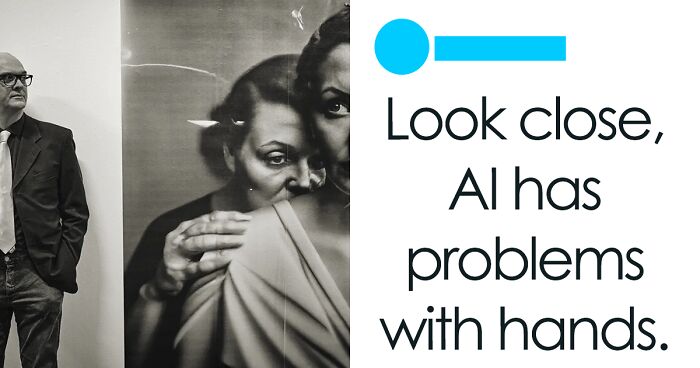
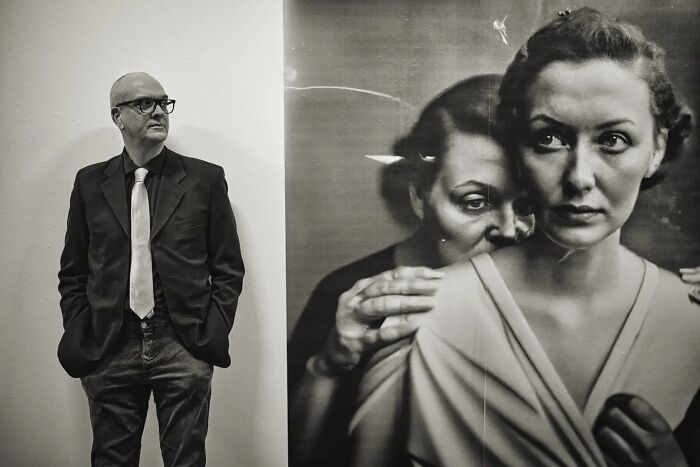
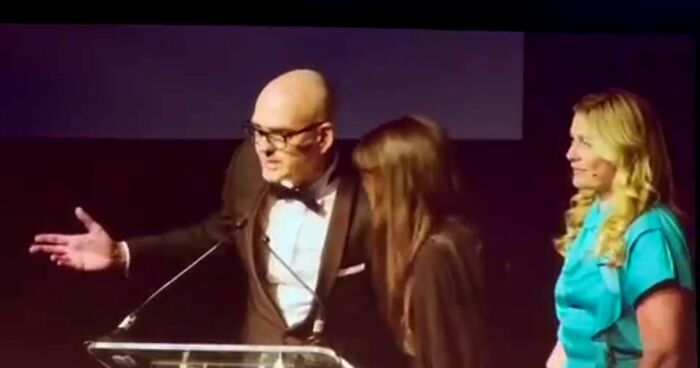
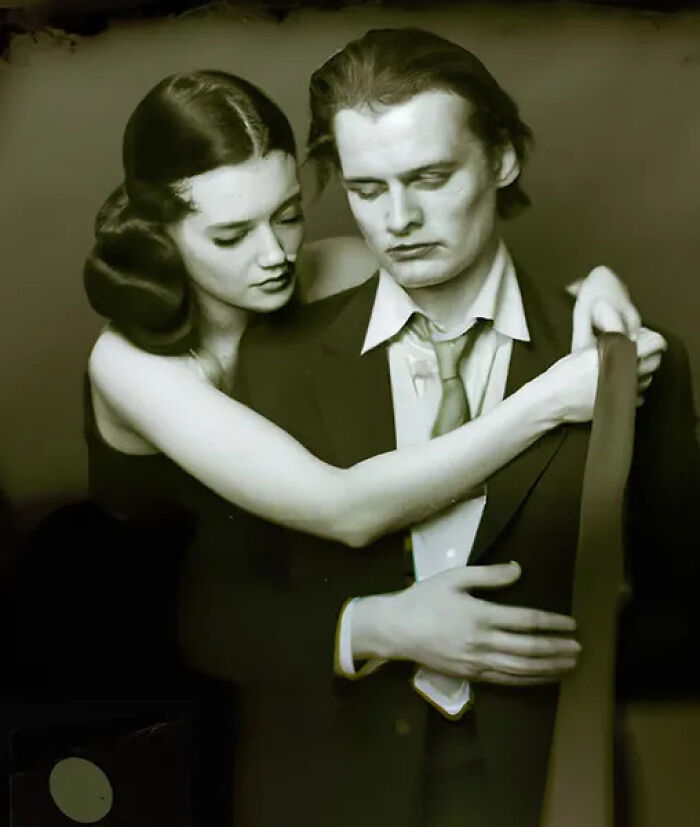
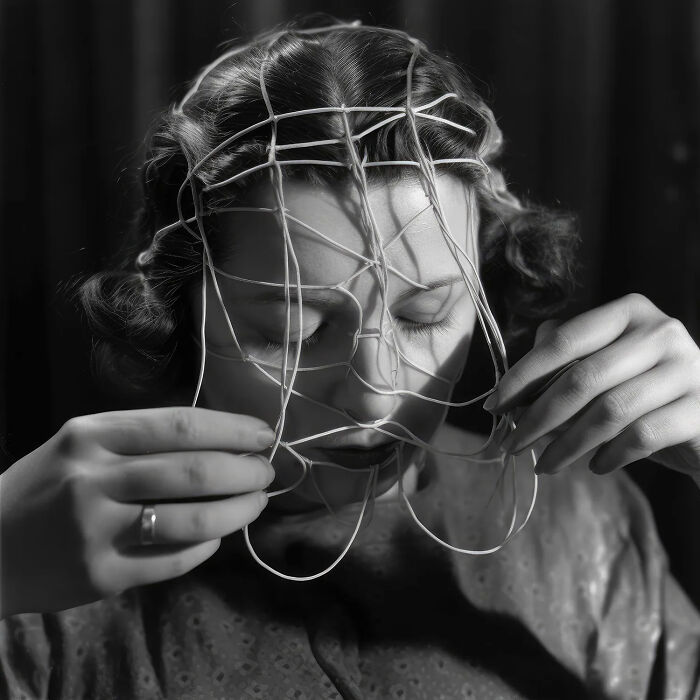
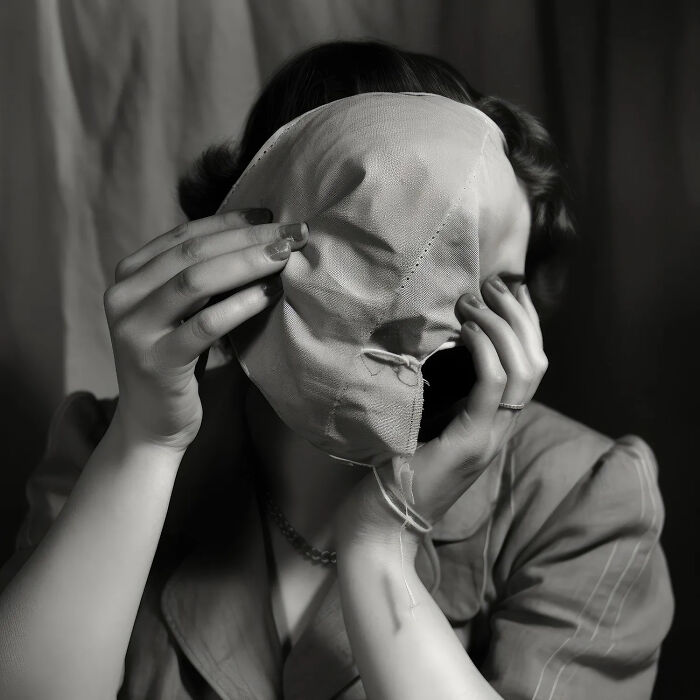
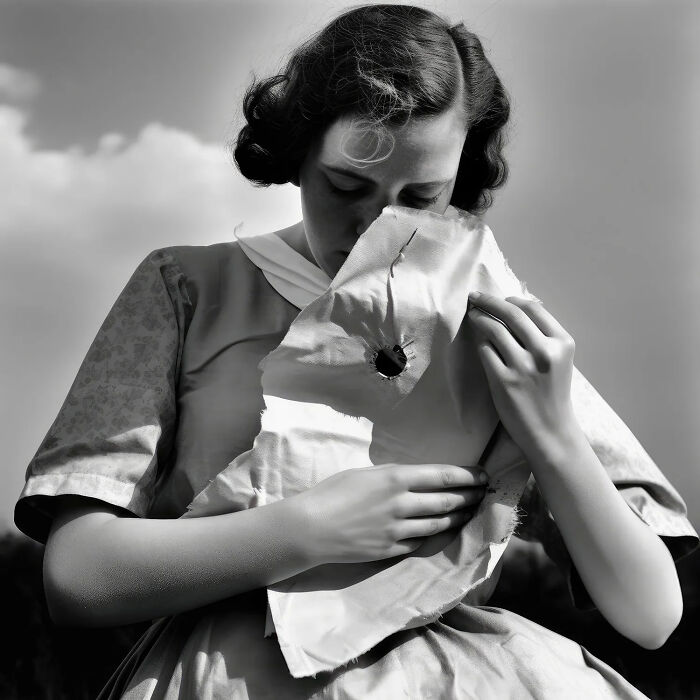
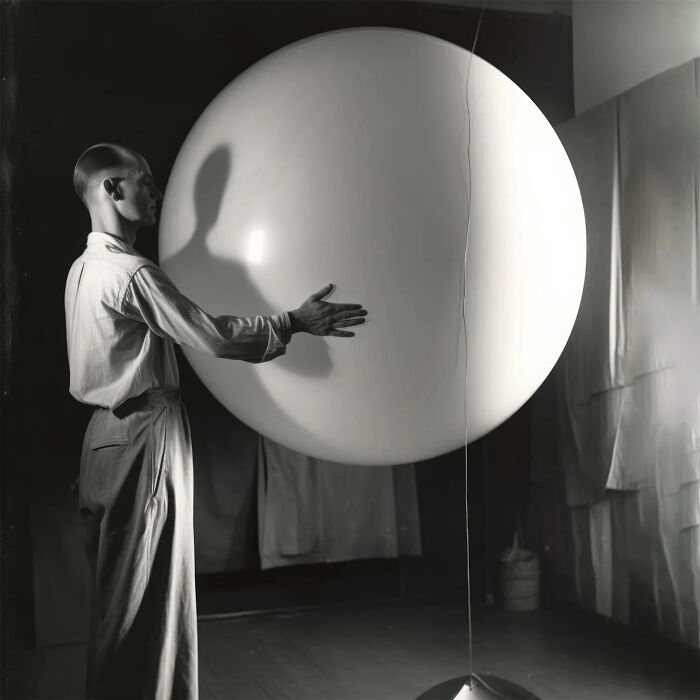
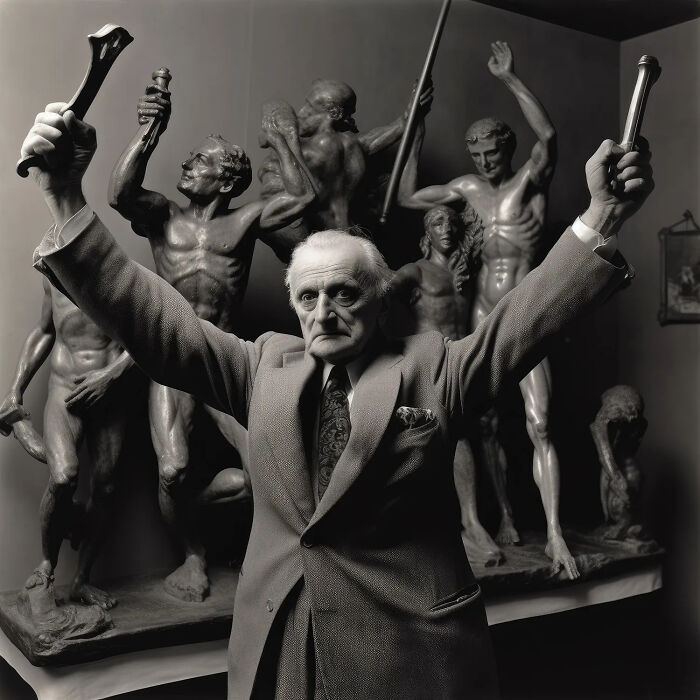






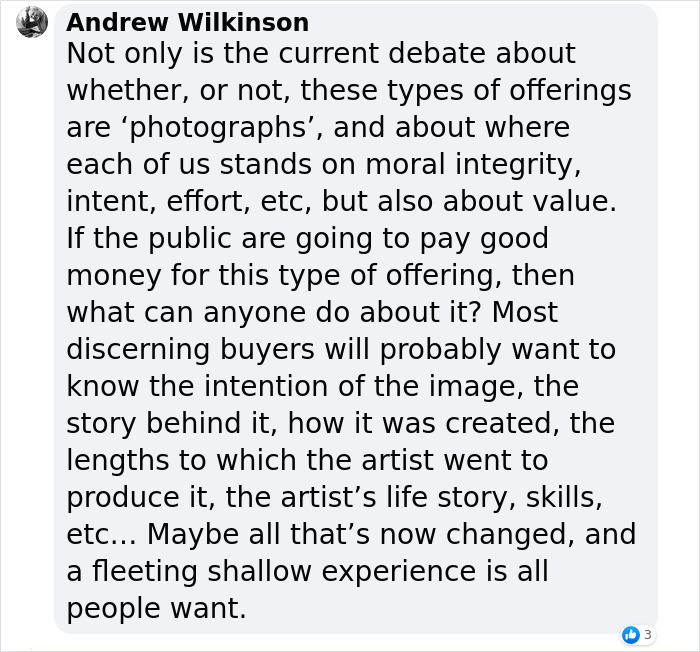
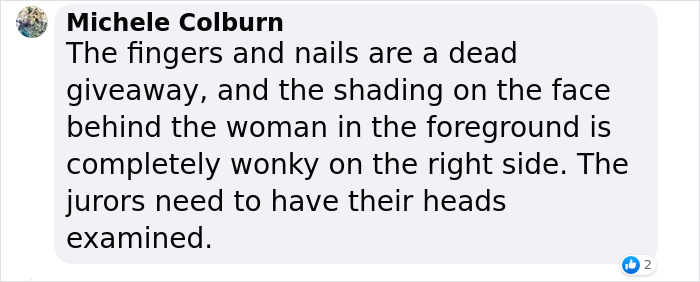


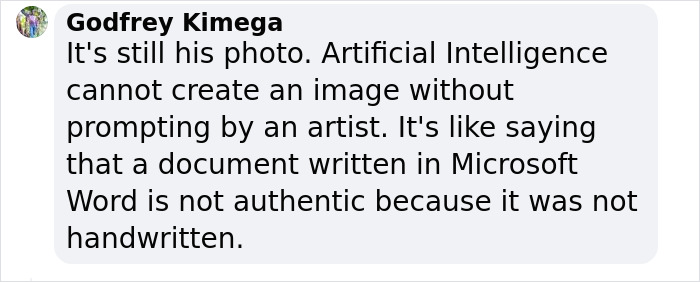
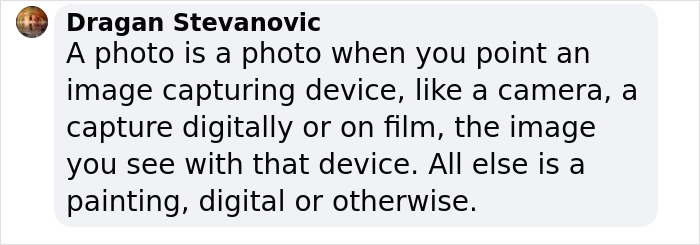
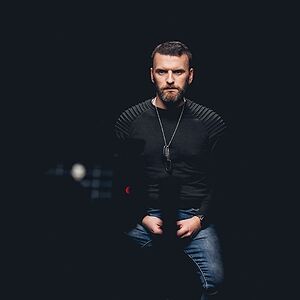










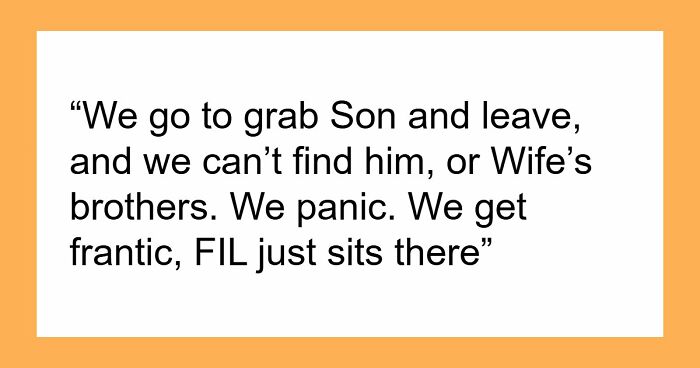
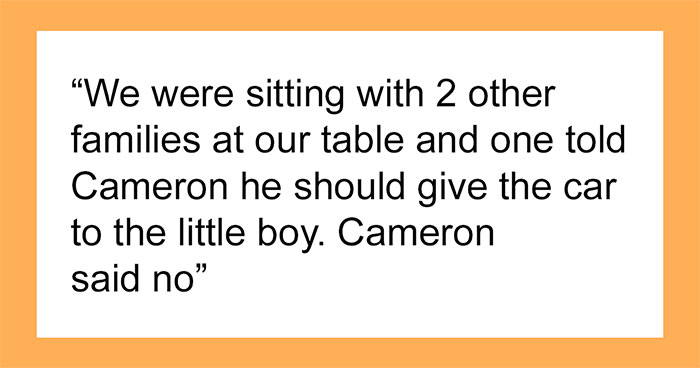

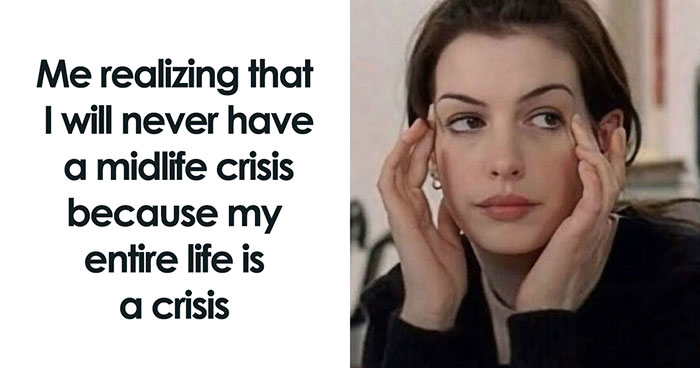














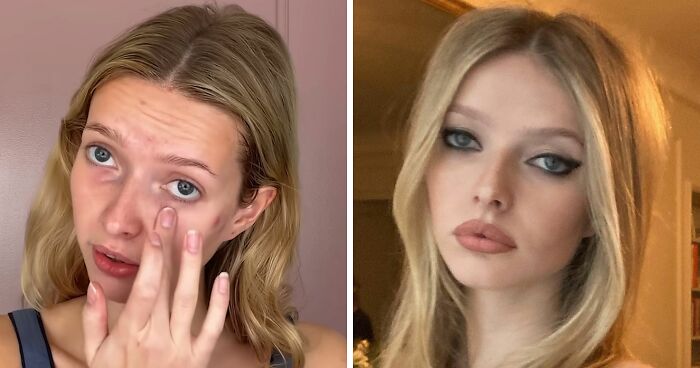



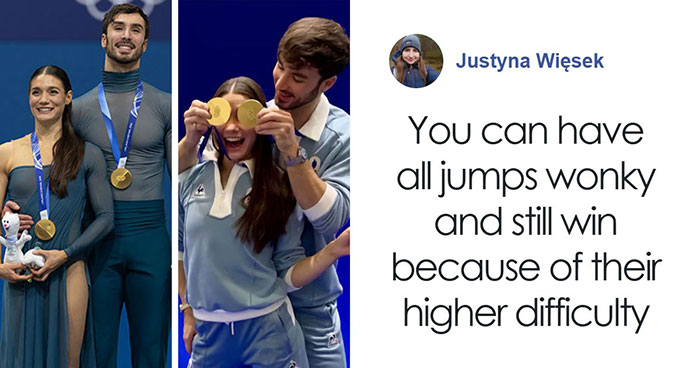



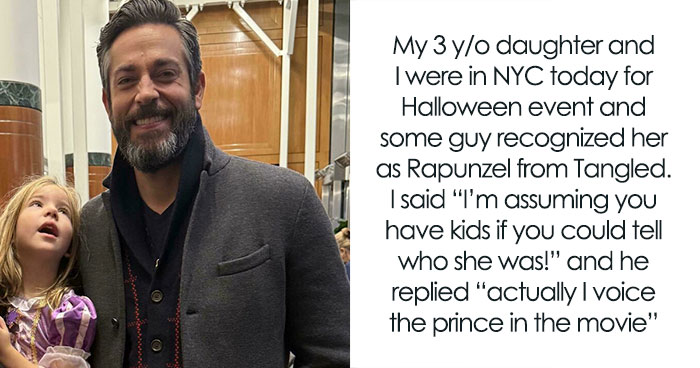
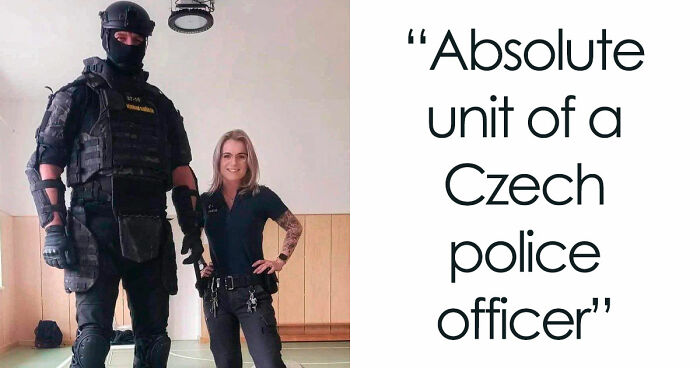

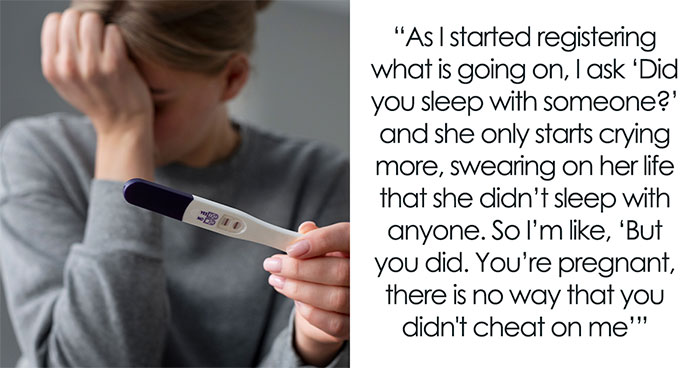



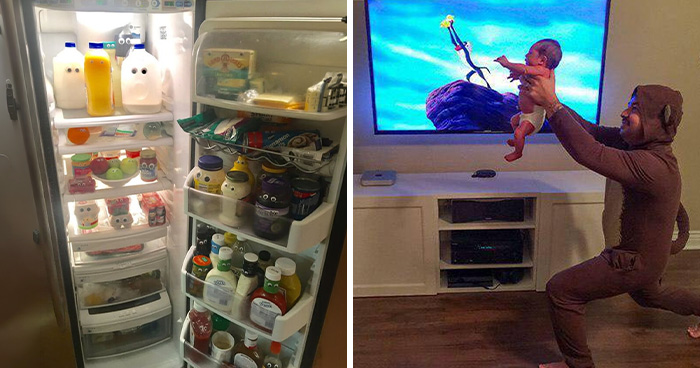
32
10